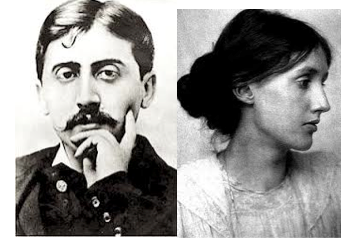The poet's novel
Does it exist?

The Poet’s Novel: What is it? Does it exist?
Let’s begin at the beginning, is there such a thing as a “Poet’s Novel”? If so how would one begin to define the various forms this form takes? In this commentary you’ll find a continuing exploration of this elusive form including: consideration of novels written by poets, conversations with poet’s who have written novels and with poets who are fascinated by particular novels by poets. I will be asking questions such as: what are the qualities of prose which tend to be classified as those of a poet’s novel and why? Why do poets turn to prose? And within a body of any given writer’s work (one who writes both poetry and prose) what is the relationship between the two forms? What purposes does prose fill which poetry perhaps does not? Where do we distinguish a line between forms? Does it matter? What of the verse novel? How does the poet arrive at the desire to write a novel and where to begin?
I began asking these questions when I noted long ago that various novels are indispensible to poets. Of these, there are various categories— novels not written by poets, but which behave in some manner like poems. These works are generally beloved by vast numbers of poets. A few that come to mind in this category would be Virginia Woolf’s The Waves, Proust’s In Search of Lost Time and Melville’s Moby Dick. Then there is the category of novels written by poets which in some ways feel indistinguishable from poems. In this category I’d place novels by Etel Adnan, Bhanu Kapil’s Incubation, a Space for Monsters and Martin Adán’s The Cardboard House, to name a few. I’ll have more to say about these works in commentaries to come.
The poet's novel